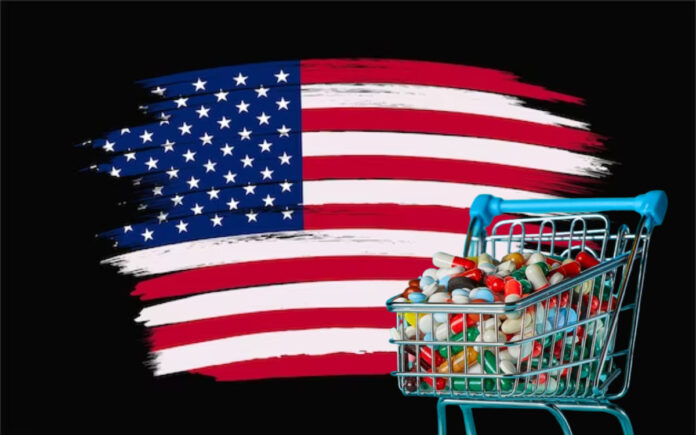Philadelphia: Lawyers representing AstraZeneca, Bristol Myers Squibb, and Johnson & Johnson’s Janssen unit urged a federal appeals court in Philadelphia on Wednesday to reinstate their lawsuits challenging the groundbreaking U.S. law mandating pharmaceutical companies negotiate drug prices with Medicare, the government health insurance program serving 66 million Americans.
Among the drugs targeted in this initiative are AstraZeneca’s diabetes medication Farxiga, Bristol Myers’ blood thinner Eliquis, and Janssen’s Xarelto. These medications have seen their prices reduced by between 56% and 68% as a direct result of the negotiations. The new pricing structure is set to take effect in 2026, projected to save Medicare approximately $6 billion in its first year.
The pharmaceutical companies contend that this program, part of the Inflation Reduction Act—a key policy of President Joe Biden—constitutes an unconstitutional taking of their property without compensation. Lower courts in Delaware and New Jersey dismissed the companies’ challenges earlier this year.
During the hearing, Yaakov Roth of Jones Day, representing Bristol Myers, argued before a three-judge panel of the 3rd U.S. Circuit Court of Appeals that the law effectively removes the companies’ choice to negotiate. He described it as a “gun to the head,” emphasizing that companies refusing to engage in negotiations face steep fines or must exit Medicare, which accounts for nearly half of the prescription drug market.
Catherine Padhi, a lawyer for the U.S. Department of Justice, countered that “the government is allowed to use its purchasing power” to meet its objectives, stating that the terms offered to the plaintiffs are favorable.
Additionally, Kevin King of Covington & Burling, representing Janssen, raised concerns that the law infringes upon the companies’ First Amendment rights by compelling them to agree to a “maximum fair price,” which they may not believe is justifiable. “The government cannot compel regulated parties to speak the government’s preferred message,” he asserted.
Padhi responded by clarifying that “maximum fair price” is a “statutory term of art” that does not embody a subjective assessment of value.
Also Read | Judge Orders Elon Musk to Court Over Controversial $1 Million Election Giveaway
The panel—comprising Circuit Judges Thomas Hardiman, Peter Phipps, and Arianna Freeman—did not reveal a definitive stance on the issue. Hardiman, who led the questioning, remarked that the program could be perceived as the government leveraging its influence to compel drugmakers to relinquish their property. However, he also indicated that the pharmaceutical companies appear to want to “have their cake and eat it too,” enjoying the “massive purchasing power of the government…at free market pricing,” while acknowledging the program’s “laudable goal” of addressing escalating federal budget deficits.
Also Read | Samsung Seeks to Regain Ground in AI Chips After 40% Profit Drop
To date, the legal challenges from drugmakers against the pricing initiative have largely faltered. However, in September, the 5th U.S. Circuit Court of Appeals reinstated a lawsuit by the Pharmaceutical Research and Manufacturers of America (PhRMA), the leading drug industry lobbying group.
The ongoing cases are AstraZeneca v. Becerra, No. 24-1819, and Bristol Myers Squibb et al v. Becerra, No. 24-1820, before the 3rd U.S. Circuit Court of Appeals.



